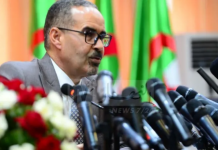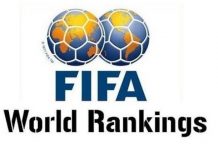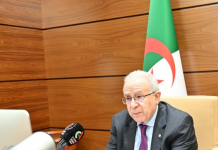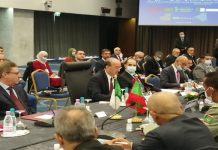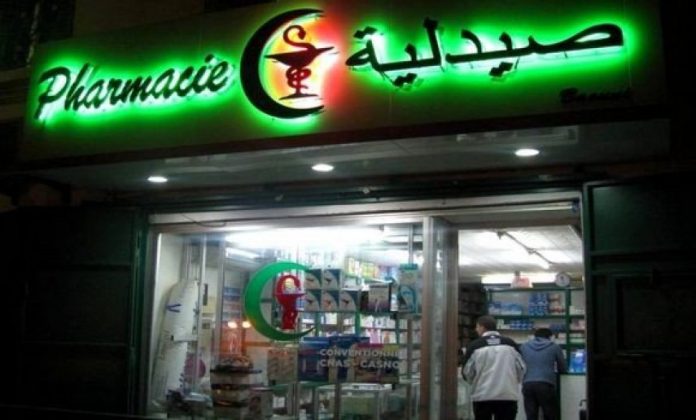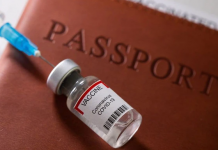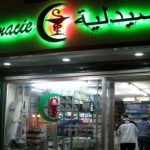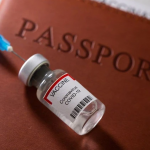ALGIERS- The Ministry of Health decided to license private pharmacists to conduct tests related to diagnosing the Covid-19 virus.
The ministerial decision, issued on Monday, aims to authorize private pharmacists to diagnose Coronavirus (Covid-19) by examining antigens for the virus.
Under this decision, “the pharmacist who owns a private pharmacy or an assistant pharmacist who practices under his responsibility is authorized to detect the virus by examining antigens against Covid-19.”
For reference, the Algerian National Syndicate of Private Pharmacists urged the Ministry of Health to authorize pharmacists to conduct tests to detect Covid-19 generators, similar to what is done in developed countries in order to “reduce pressure on private sector laboratories and contribute to limiting the spread of the virus.” .
The head of the National Association of Biological Laboratories, Dr. Abdelhalim Chachoua, stated that “in view of the wide spread of the mutant Omicron, the laboratories have known a high turnout among citizens, reaching between 100 and 200 detection cases per day.”
In a related note, Health minister called on, Tuesday, Algerians to get vaccinated and save hospitals from collapse as the nation faces a rebound of COVID-19 infections.
Algeria is battling infections from both the delta variant and the highly contagious omicron variant, which now accounts for 60% of COVID-19 infections. On Tuesday, Jan 26th, health officials reported a daily record of 2521 cases and 08 deaths.
“I urge you to get vaccinated and break the chain of infections which risk bringing our health institutions to their knees,” Health Minister Abderahmane Benbouzid said at a media conference in the capital, Algiers. “For now, the hospitals’ staff are managing. The question is, how long can they hold on?”
Omicron is less likely to cause severe illness than the previous delta variant, according to studies. Omicron spreads even more easily than other coronavirus strains, and has already become dominant in many countries. It also more easily infects those who have been vaccinated or had previously been infected by prior versions of the virus.
The inoculation rate in Algeria remains low. Less than a quarter of the population has had even one vaccine dose despite the government’s robust vaccination campaign in state media and on social networks.
Algeria has a stock of vaccines that can largely ensure coverage of vaccination needs for two years, the minister said. Overall, only 13% of Algeria’s 45 million inhabitants, have been inoculated, the minister said. Of eligible adults, only 29% have received two vaccine doses, he said.
In December, Algeria started requiring a vaccine passport to enter many public venues, seeking to overcome vaccine hesitancy that has left millions of vaccines unused.
The pass is also required for anyone entering or leaving Algeria, as well as for entering sports facilities, cinemas, theaters, museums, town halls and other sites like hammams — bath houses that are popular across the region.
entv


